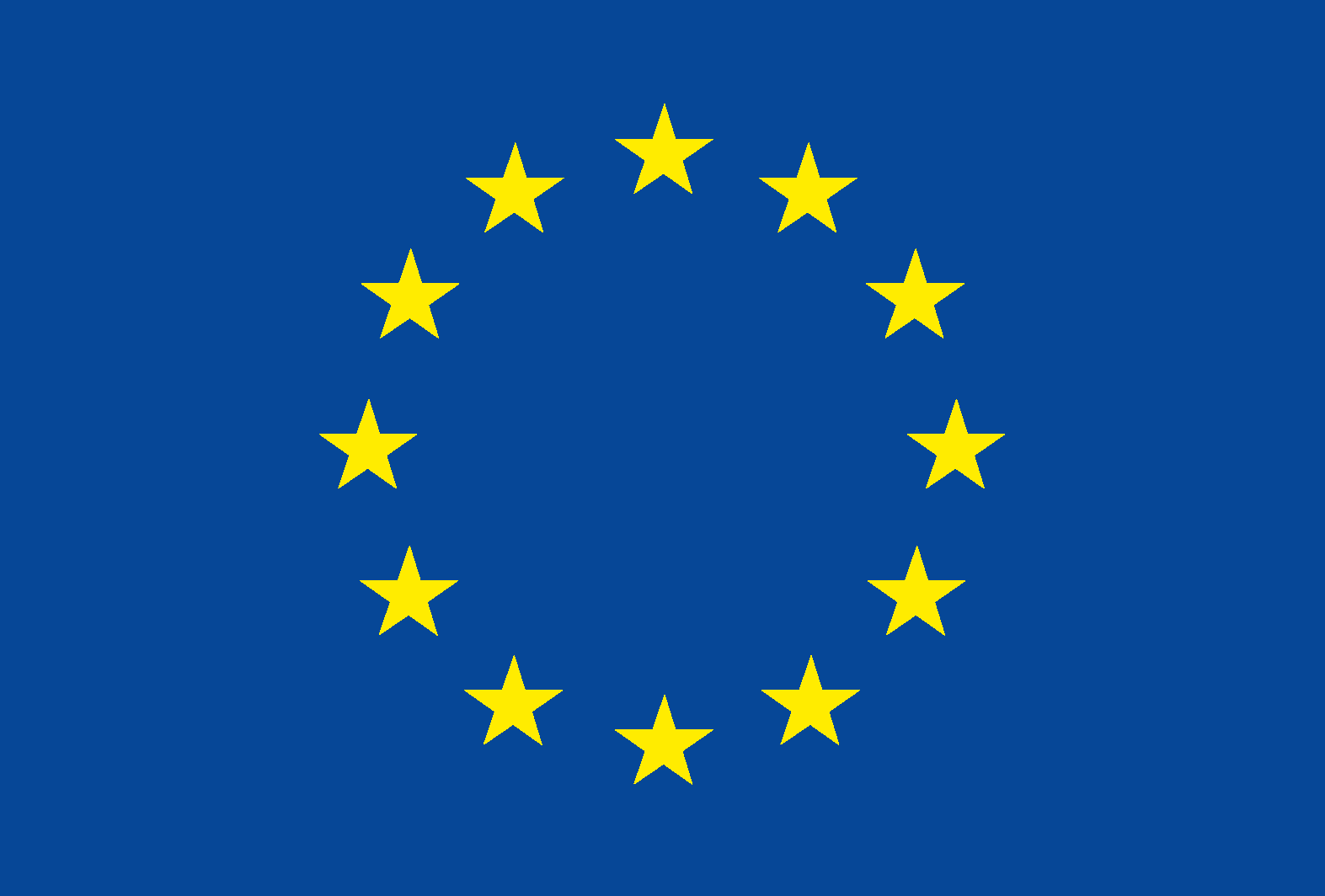This editorial lands as war rages on in Ukraine. Our project looks closely at what ‘European social citizenship’ means. Right now, people across our continent and beyond are faced with atrocities – either first-hand or through the news – that make us think not only about the concept of national and EU ‘citizenship’, but what it is that connects us as people. What keeps us human, versus what is inhumane.
Looking at the war purely through the lens of EUROSHIP, there are multiple aspects that will have a great impact on the fabric of the welfare state that we promote. Take services. Current EU rules mean that individuals or organisations that offer humanitarian assistance to migrants or refugees without documentation can face sanctions, ranging from fines to imprisonment. It’s vital that these groups can act in solidarity and offer basic services like food, shelter and medical assistance to those fleeing the horrors of war without fear of criminalisation. Many of the people fleeing the war belong to groups in vulnerable situations – children, women, LGBTI, people with disabilities or rare diseases, and people from religious and ethnic minorities like Roma. During times like this they’re often the first to suffer and last to benefit from EU and national responses.
Service providers on the ground, many of whom are civil society organisations, are often left to fill gaps left by a lack of investment in social infrastructure in Member States. We saw it in the financial crisis and during the COVID-19 pandemic, and we’ll see it again as the impact of the war in Ukraine continues to reverberate throughout the EU. We know of civil society organisations at the border providing transport to Roma people because the bus services organised by the state are refusing to help them. We’ve heard of teams greeting children younger than 14 who’ve been forced to flee solo and are now all alone and dealing with huge psychological trauma. Investment in these kinds of services is of primary importance in our collective response to the war.
And it’s not just the Ukraine crisis – Europe is also confronted with energy and inflation crises. It’s clearer than ever that resilience to these crises lies in social investment in individuals’ capabilities to participate as full members of society. Countries with higher income and wage rates and the best access to quality services withstood the shocks of both the financial crisis and the ongoing pandemic better than those with low investment, and the same will be true for the Ukraine crisis. Now is the time for our political leaders to come together and agree on a pan-European social approach to what are pan-European problems.
Best wishes,
Rune Halvorsen (OsloMet) & Alva Finn (Social Platform)


